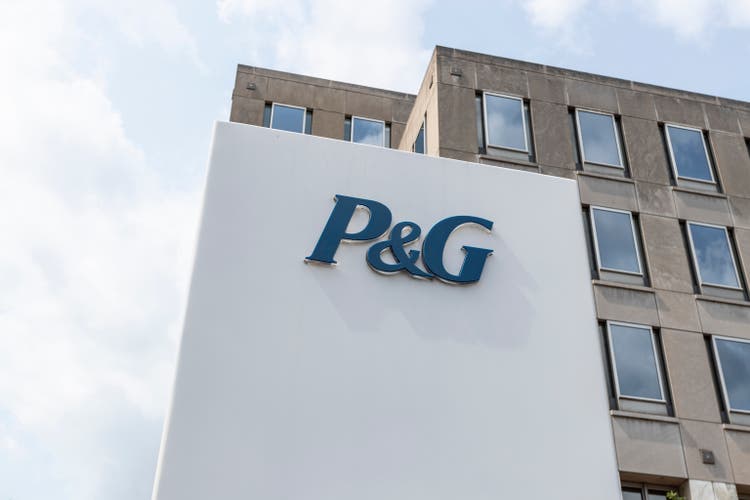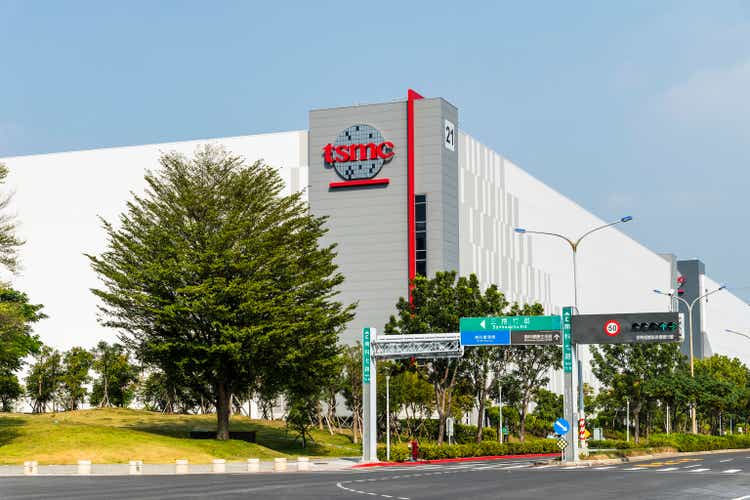Japan recovery buffeted by Covid restrictions and Ukraine war

Japan’s economy contracted in the first three months of the year as its recovery was hampered by Covid-19 restrictions and soaring commodity prices caused by Russia’s invasion of Ukraine.
While the pace of contraction was slower than expected, Asia’s largest advanced economy has wrestled with surging import costs that have been accelerated by the yen’s fall to a multi-decade low.
Japan’s gross domestic product shrank at an annualised rate of 1 per cent in the January-to-March period, compared with economists’ expectations of a 1.8 per cent decline. The data translated into a drop of 0.2 per cent from the previous quarter, according to preliminary figures released by the cabinet office on Wednesday.
The GDP figure was released a day after Prime Minister Fumio Kishida’s cabinet approved a ¥2.7tn ($21bn) supplementary budget consisting of subsidies and cash handouts to low-income households to address rising oil and food prices.
The Kishida administration has come under pressure to address the squeeze on living standards caused by surging inflation ahead of an upper house election in a few months.
Private consumption was flat compared with the October-to-December quarter as the service sector was hit by a rapid rise in Omicron coronavirus variant infections early in the year.
In addition to weak spending, net exports knocked 0.4 percentage points off GDP growth as a result of imports gaining 3.4 per cent, exceeding the 1.1 per cent growth in exports.
Many economists expect a rebound in consumer spending as the government eases Covid-19 restrictions. That could allow the Japanese economy to return to pre-Covid growth levels in the latter half of the year, far behind the recovery in the US and Europe.
But Yoshiki Shinke, chief economist at Dai-ichi Life Research Institute, said the pace of the recovery was expected to be weak as the sharp increase in the cost of imported goods hurt consumer sentiment.
“The rise in oil prices will be a big damper on spending,” he added. “The economic rebound expected towards the end of the year may not be as strong as anticipated.”
Kazuma Maeda, an economist at Barclays, said another risk factor for exports, particularly for cars, was supply chain disruption that had deepened as a result of lockdowns in China.
“The outlook for the global economy has grown increasingly uncertain,” Maeda said, pointing to signs of a slowdown in China and the impact of the war in Ukraine on industrial production in Europe.
World News || Latest News || U.S. News
Source link



